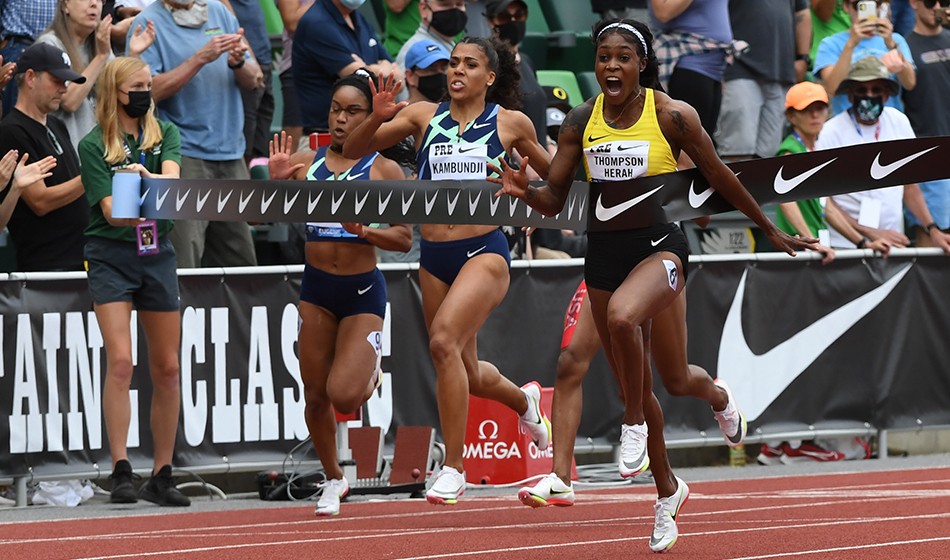The dos and donts of post-marathon recovery
AW promotion
Running a marathon can be a great experience. Whether you win or not, it helps to build a sense of accomplishment and pride. However, it can be quite taxing on the body. Muscles are pushed to their limits, and the demands of a marathon take a significant toll on your body. To ensure you get the most out of your marathon experience and reap the rewards it can provide, be sure to give yourself ample time for recovery in the following days. Here are some dos and donts to keep in mind when recovering from a marathon:
What to do
Hydrate
After a marathon, your body is likely low on electrolytes and fluids. All the sweating and exertion can take a toll on your body, so its important to rehydrate as soon as possible. Drinking plenty of water, as well as sports drinks, can help to replenish the lost minerals and electrolytes. You may also need to replenish carbohydrates after a marathon. Eating bananas and sweet potatoes can help you restore your energy levels.
Rest
Fatigue and soreness are common after a long-distance run. The body needs time to rest and recover. Get in the habit of getting plenty of rest and avoiding too much physical activity during recovery. Ideally, you should take at least two days off running after a marathon to give your body the necessary break. During your rest period, you can opt for low-impact activities such as yoga or swimming, which can help to stretch and relax your muscles.
Get a massage
Muscle soreness is a common symptom after a marathon. A massage can help relieve your muscles tension and reduce overall soreness. If possible, consider scheduling an appointment with a masseuse familiar with sports-related injuries. A chiropractor can also be of assistance by helping to realign your body and reduce any lingering pain. They can also help identify any potential problems you may be having.
Have warm down sessions
Warm-downs are just as important as warmups. After a marathon, it is crucial to slowly cool down your muscles and gradually reduce physical activity. This can help to prevent further injuries and reduce recovery time. Stretching exercises and light jogs are excellent ways to reduce your heart rate after a marathon.
What to avoid
Dont overdo it
It can be tempting to jump right back into running after a marathon, but this can end up causing more harm than good. Give your body ample time to rest and recover in the following days. Otherwise, you risk pushing your body too hard and causing injury or fatigue.
Dont ignore pain
It is normal to experience some soreness after a marathon, but if the pain persists for several days, it may indicate an underlying issue. If you continue to feel pain in any particular area, it is crucial to take the time to get it checked out. Ignoring pain can lead to more serious injuries down the line.
Dont neglect nutrition
Your body requires a certain amount of nutrients and vitamins to recover correctly after a marathon. Eating a balanced diet and taking supplements can help you replenish lost minerals or vitamins. Additionally, eating plenty of fruits and vegetables can help to strengthen your immune system and reduce pain and inflammation.
Giving your body a few days of rest after a marathon is best. This will help reduce the risk of injuries and ensure that you are adequately recovered before jumping back into running. With patience and care, you can enjoy all the rewards of completing a marathon.




